JournalismPakistan.com | Published August 21, 2013
Join our WhatsApp channel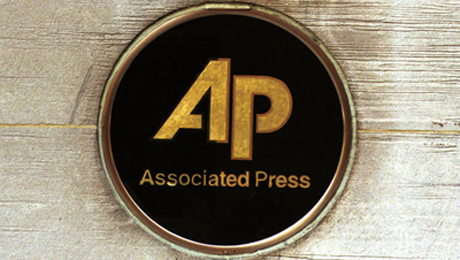
BANGKOK: The Associated Press has named Elizabeth Kennedy, its chief of bureau for Lebanon and Syria, to the new position of South Asia news director, based in New Delhi.
The appointment was announced Tuesday in Bangkok by the news organization's Asia-Pacific news director, Brian Carovillano.
In her new role, Kennedy will manage AP's coverage in text, photos and video for India, Nepal, Bangladesh and Sri Lanka, as well as the Maldives and Bhutan. The appointment is part of a move to combine AP's management of the various media formats in its bureaus in Asia and around the world.
"Kennedy's experience overseeing multi-format journalists in her previous management positions has prepared her well for this exciting new role," said Santiago Lyon, AP's director of photography in New York.
Kennedy, 35, most recently led AP's coverage of the devastating civil war in Syria, the bloodiest and most complex conflict of the Arab uprisings. In 2012, the AP was a finalist for the Pulitzer Prize for its reporting on the Syrian war.
Before moving to the Middle East, Kennedy was the bureau chief for East Africa, where she reported on and directed coverage of stories including Somalia's civil war, piracy off the African coast and the crisis following the 2007 Kenyan election. Kennedy also has reported from Iraq and Afghanistan.
In South Asia, she will lead a team of journalists covering a territory that encompasses some the most dynamic and visually arresting places on Earth.
Kennedy joined AP in 1999 as an editor in the multimedia department. She has twice received an Associated Press Gramling Award for outstanding staff members. She won the 2012 journalism award for her role in the Syria coverage, which included both directing staff coverage and working to verify user-generated content and social media reports from inside the country. In 2008, she received a Gramling scholarship to study French.
A U.S. national and native of Montclair, New Jersey, Kennedy holds an undergraduate degree in English literature from Barnard College in New York City. - AP
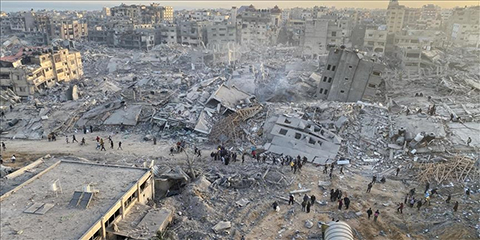
May 19, 2025: PJS reports 219 Palestinian journalists killed in Israeli attacks since October 7, with 30 women among the victims. Over 430 were injured and 685 family members were killed. Read more on the systematic targeting of media in Gaza.
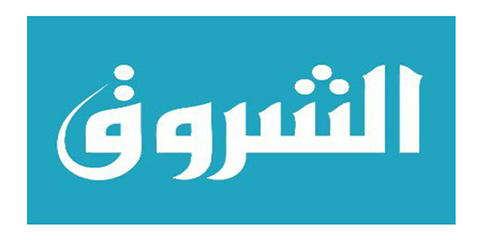
May 04, 2025: Algerian authorities suspend Echorouk News TV for 10 days after it used a racist slur against African migrants. ANIRA demands an apology, calling it a violation of human dignity.

April 21, 2025: An Italian newspaper, Il Foglio, successfully published a month-long AI-written insert and praised its irony and analytical abilities, while affirming that AI will complement—not replace—quality journalism.
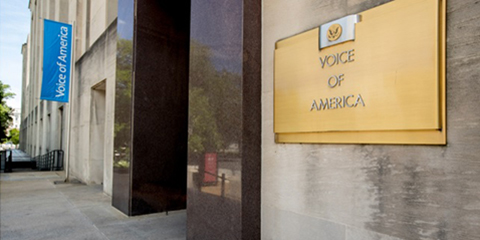
March 29, 2025: A federal judge has blocked the Trump administration’s attempt to dismantle Voice of America (VOA), ruling that the move likely violated legal procedures. The decision protects over 1,200 journalists and media staff.
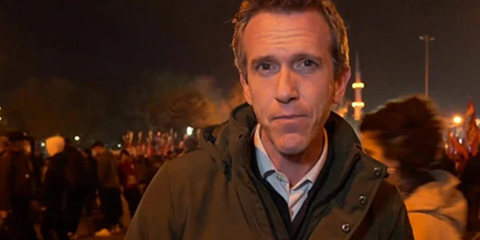
March 28, 2025: Turkey deports BBC journalist Mark Lowen over 'public order' threat and fines opposition TV channels covering Istanbul Mayor's arrest. Critics condemn crackdown on press freedom amid rising political tensions.
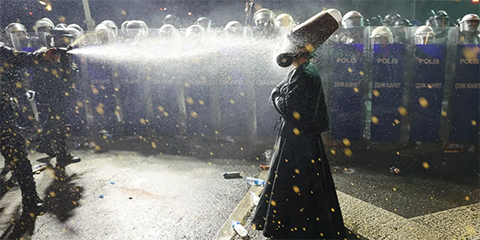
March 25, 2025: Turkish authorities must release detained journalists covering protests and end press crackdowns. CPJ condemns police violence and home raids targeting media workers.

March 16, 2025: The Trump administration has ordered furloughs at U.S.-funded broadcasters, including Voice of America (VOA) and Radio Free Asia, raising concerns about press freedom and government control over media funding.

March 08, 2025: Senior UK TV producers are taking shelf-stacking and pub jobs as the industry faces a prolonged crisis. Thousands are unemployed, with freelancers struggling to find work. Learn more about the factors behind this collapse.

June 11, 2025 Pakistan celebrated a narrow win over Bangladesh, but beneath the jubilation lies a deeper crisis—from sidelined veterans to a collapsing domestic structure—signaling an urgent need for cricket reform.
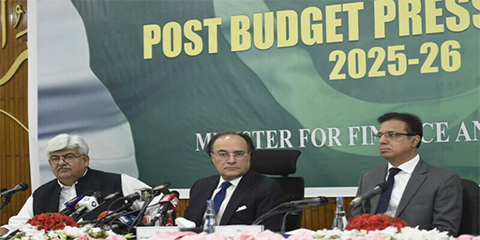
June 11, 2025 Journalists walked out of the post-budget press conference in Islamabad to protest the absence of a technical briefing and the government's dismissive behavior, calling it unacceptable and intolerable.
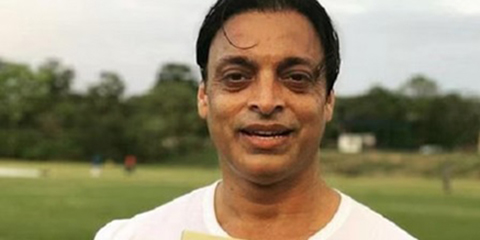
May 31, 2025 Dr. Nauman Niaz has issued a defamation notice to Shoaib Akhtar over derogatory remarks made during a recent broadcast, reigniting a longstanding media feud between the two prominent figures in Pakistan.

May 30, 2025 The Human Rights Commission of Pakistan has demanded the full repeal of PECA, citing its vague language, coercive powers, and threats to free speech and digital rights in Pakistan.
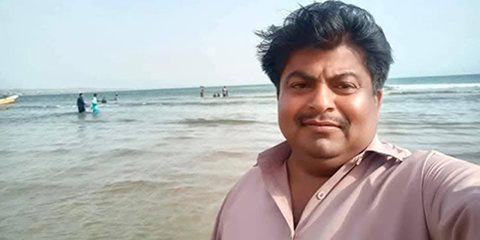
May 30, 2025 The Pakistan Federal Union of Journalists (PFUJ) has condemned the murder of journalist Syed Mohammed Shah in Jacobabad, calling for urgent justice and improved safety for media professionals in Sindh.